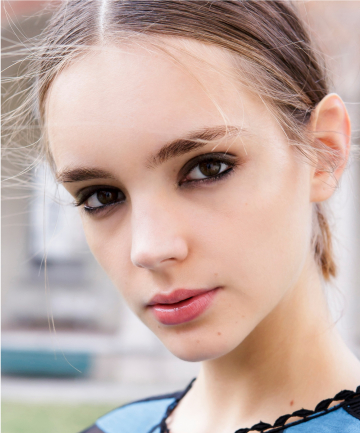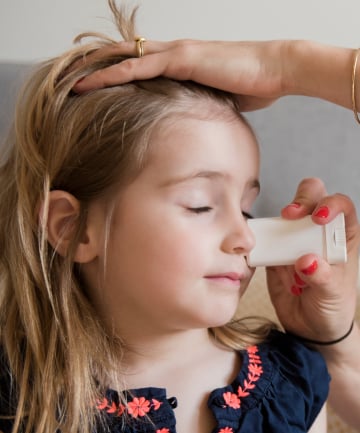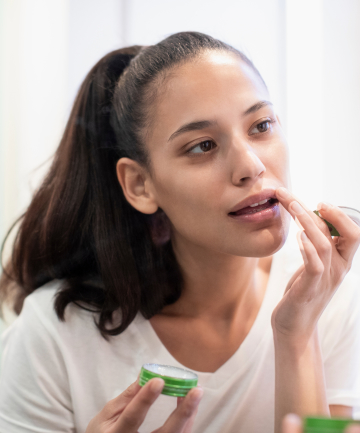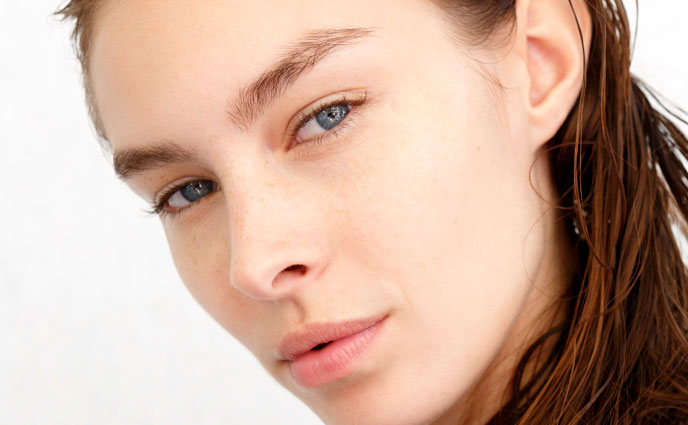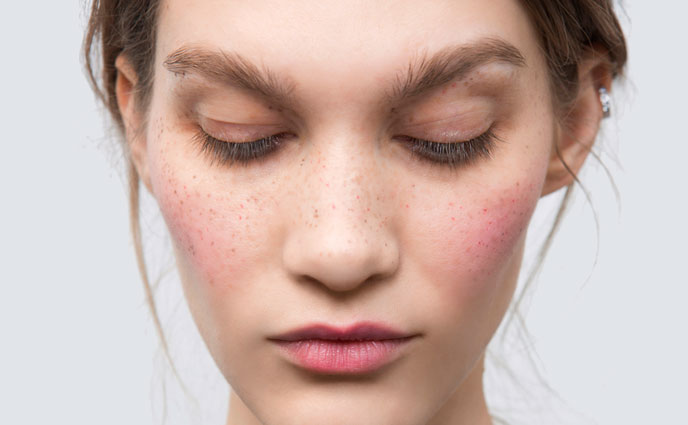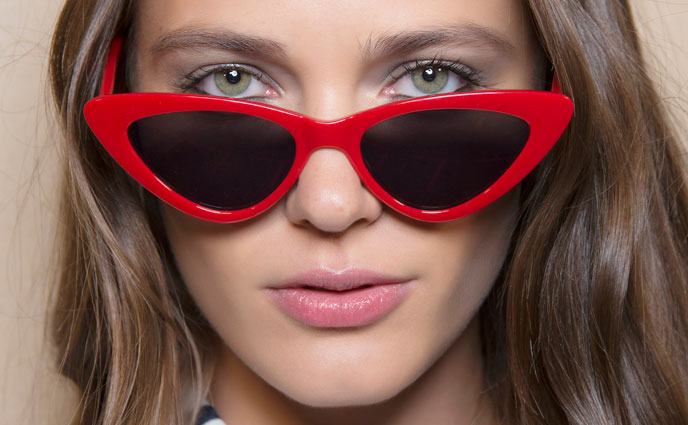By now you probably already know just how important wearing sunscreen is, and not just when you're outside or during the summer months. An SPF 30 sunscreen should be part of your daily regimen whether it's sunny or storming, a frigid 10 degrees or a balmy 100; whether you're lounging poolside or stuck at the office. You also probably know that reapplication is a must — about once every two hours is a good rule to follow.
There are a few other — perhaps lesser known — sun protection rules you ought to follow though, and today we're laying them all on the table with help from some friendly dermatologists. How many of them do you currently abide by, and which ones will you add to your regimen after reading?
Image via Imaxtree
There are a few other — perhaps lesser known — sun protection rules you ought to follow though, and today we're laying them all on the table with help from some friendly dermatologists. How many of them do you currently abide by, and which ones will you add to your regimen after reading?
Image via Imaxtree
"Most people don't like to apply sunscreen around their eyes as it can sting. However, the eye area is especially prone to aging and sun damage, so wearing sunscreen here is a must," says Dr. Howard Sobel, a board-certified dermatologist and founder of NYC's Sobel Skin. "Use a waxy SPF stick that won't budge when you sweat to ensure SPF protection around your eyes."
Image via JGI/Getty
Image via JGI/Getty
Like the eye area, many people forget to apply sunscreen to their lips. Dr. Sobel says, "UV rays can break down collagen on your lips to thin them out and cause premature wrinkling. Even worse, UV rays can lead to sun burns and skin cancer. One sun burn increases your risk of getting skin cancer on your lips." Buy a couple tubes of lip balm with SPF and keep them in your purse, in your beach bag, at your desk, and by the front door.
Image via Hoxton/Sam Edwards/Getty
Image via Hoxton/Sam Edwards/Getty
Wearing a broad-spectrum sunscreen that protects against both UVA and UVB rays is very important. If you can, though, go the extra mile to find a sunscreen that also protects against blue light, which is also referred to as infrared heat.
"Infrared heat which comes from the sun as well as our environment including cellular phones, ceiling lights, computer screens, and even the stove," says Dr. Rita Linkner, a board-certified dermatologist at NYC's Spring Street Dermatology. "We are now learning that [this form of light] is responsible for discoloring the skin, causing melasma, and weakening the skin's infrastructure."
Image via Imaxtree
"Infrared heat which comes from the sun as well as our environment including cellular phones, ceiling lights, computer screens, and even the stove," says Dr. Rita Linkner, a board-certified dermatologist at NYC's Spring Street Dermatology. "We are now learning that [this form of light] is responsible for discoloring the skin, causing melasma, and weakening the skin's infrastructure."
Image via Imaxtree
Though we all know we're supposed to slather on a broad-spectrum SPF 30 and reapply every two hours, the truth is that we're not all as good at this as we'd like to be.
"Enter the age of sun protective clothing," says Dr. Steven Mandrea, a board-certified dermatologist and the co-founder of Lakeview Dermatology in Chicago. "Mainstream brands such as Athleta, Lily Pulitzer, Land's End, and J. Crew have entered the market with stylish bathing suits, cover-ups, swim shirts, hats, and more that offer added sun protection. The best fabrics have an ultraviolet protective factor (UPF) of 50 and are a great supplement to sunscreen."
Image via Imaxtree
"Enter the age of sun protective clothing," says Dr. Steven Mandrea, a board-certified dermatologist and the co-founder of Lakeview Dermatology in Chicago. "Mainstream brands such as Athleta, Lily Pulitzer, Land's End, and J. Crew have entered the market with stylish bathing suits, cover-ups, swim shirts, hats, and more that offer added sun protection. The best fabrics have an ultraviolet protective factor (UPF) of 50 and are a great supplement to sunscreen."
Image via Imaxtree


